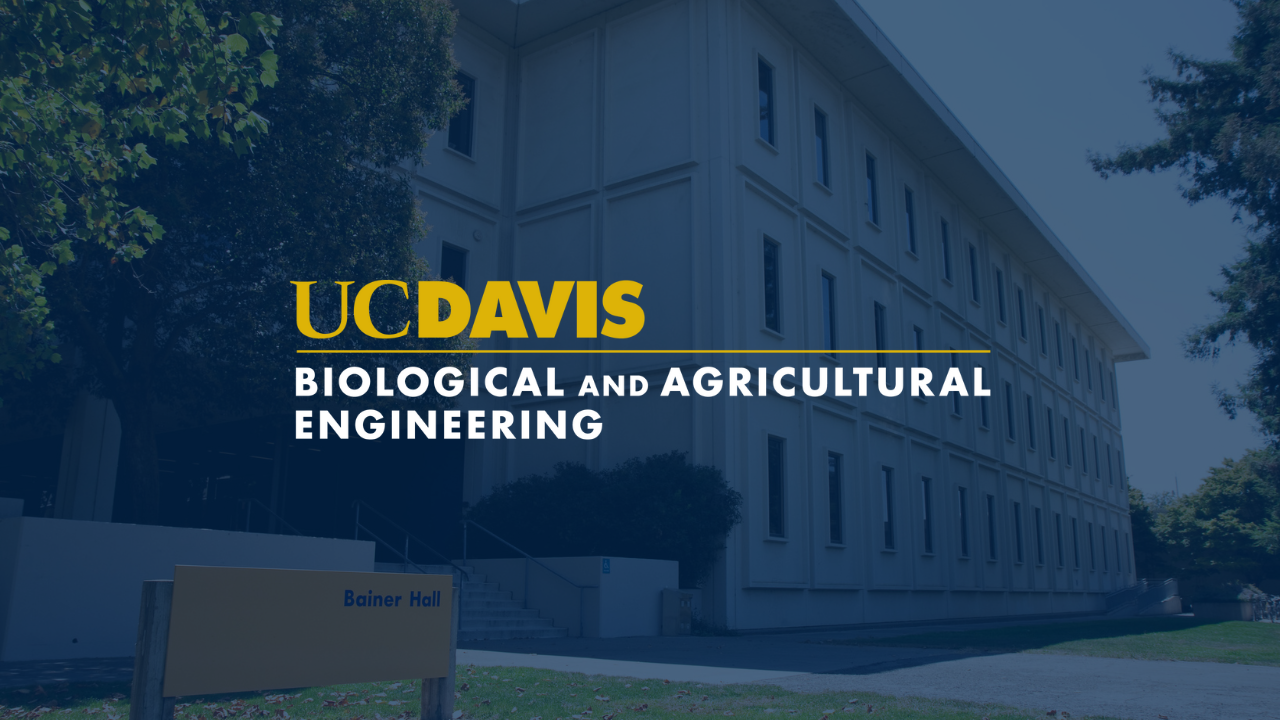
Event Date
Production of biochemicals from lignocellulosic biomass and waste feedstocks via fermentation has become increasingly attractive as efforts to meet carbon neutrality goals expand. For example, volatile fatty acids (VFAs), important precursors for biofuels and biobased chemicals, can be produced by arresting the methanogenesis of anaerobic digestion (AD) from renewable waste materials. The produced VFAs can then be catalytically converted to sustainable aviation fuel (SAF) through ketonization and hydrodeoxygenation and thus provide a valuable option for waste-to-energy (WTE) conversion. However, the downstream separations of VFAs are often very complex, costly, and energy-intensive, which can comprise up to 90% of the overall bioprocessing costs. Compared to other technologies that are commonly used for downstream bioprocessing that are energy-intensive and only allow batch or semi-batch operation, membrane technologies stand out due to their lower chemical and energy consumptions, high selectivity, continuous operation, economic viability, and for enabling environmentally friendly processes. Consequently, in this work, we focused on various membrane-based processes development and scale-up to address major challenges in the downstream in-situ product recovery process. Various membrane technologies, i.e., dynamic filtration, membrane demulsification, and reverse osmosis, were investigated for solid-liquid separation, solvent extraction, and product concentration. It is demonstrated that the integration of membrane technologies into downstream bioprocessing can lead to a 66% and 40% reduction of unit process cost and greenhouse gas (GHG) emissions, respectively, and thus could provide a valuable option for facilitate cost-effective and sustainable biorefinery processes.
